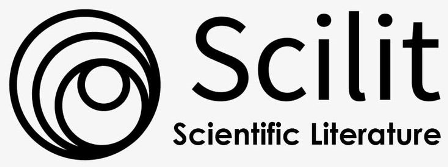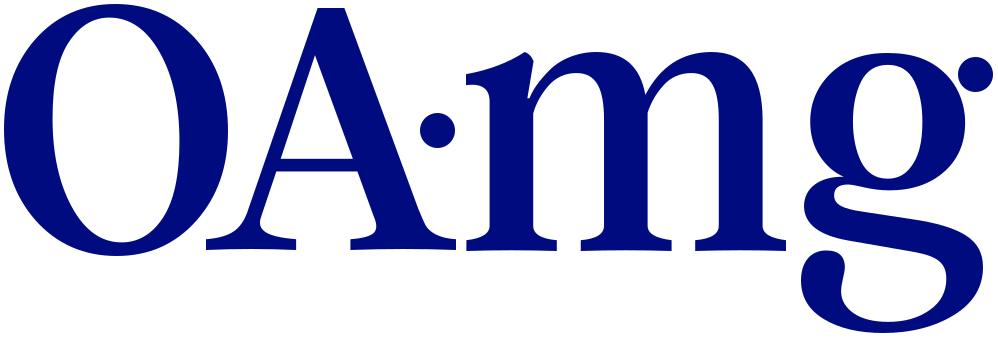Plagiarism Policy
All manuscripts under review or published with JEASD are subject to screening using Plagiarism Prevention Software Turnitin. Plagiarism is a serious violation of publication ethics. Other violations include duplicate publication, data fabrication and falsification, and improper credit of author contribution. Thus, Plagiarism or Fraudulent or knowingly inaccurate statements constitute unethical behaviour are unacceptable, and submitting the same manuscript to more than one journal concurrently constitutes unethical publishing behaviour and is unacceptable. It is necessary to mention that JEASD may ignore a duplicated manuscript of up to 20% similarity ratio including the AI usage. It is the responsibility of author(s) to enssure that the similarity index is within the 20% limit till the publication of the article. In the meantime, the AI index must be less than 5%.
All new submissions to JEASD are screened using https://www.turnitin.com/. Editorial board members may also choose to run a similarity report at any other point during the review process or post-publication. The default similarity report view gives the percentage of the text of the manuscript which has overlap with one or more published articles. Figures and equations cannot be checked at present. Note that a high similarity score does not necessarily indicate plagiarized text. A similarity score of 30% could mean 30% text in common with one source but could equally mean 1% text in common with 30 different sources. Re-used text that has been legitimately cited in the Bibliography may all contribute to the similarity score. The subject knowledge of an editorial expert is vital in order to interpret the CrossCheck report and determine whether there are any grounds for concern.
















